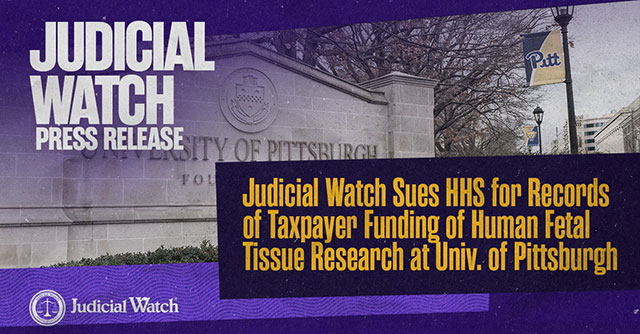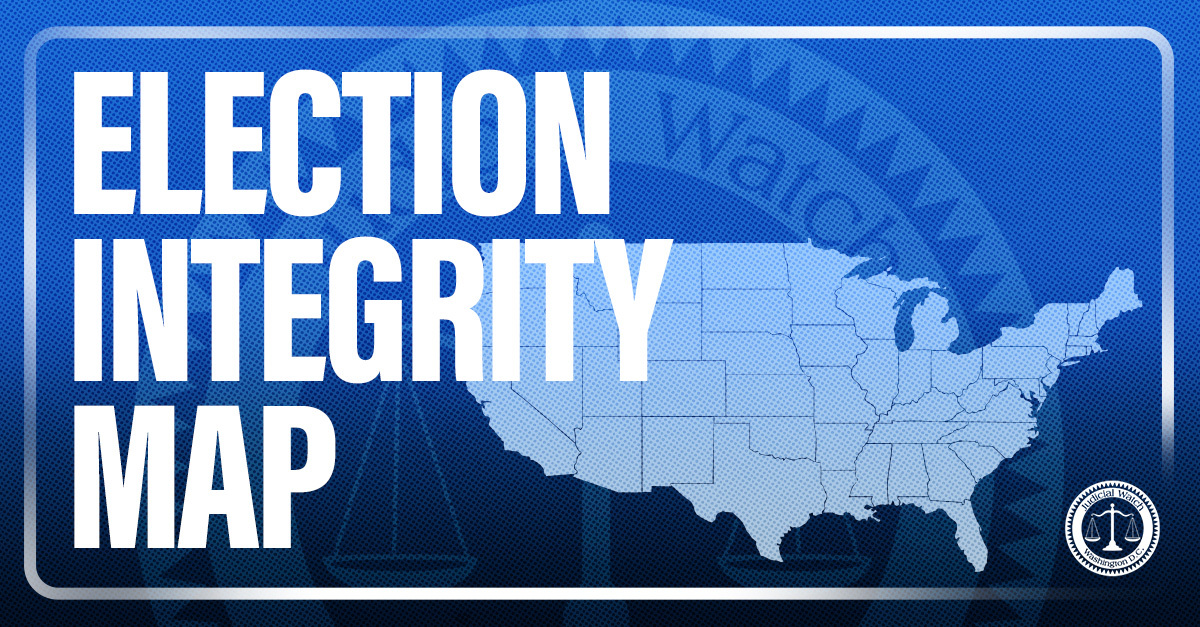
Judicial Watch Sues FBI over Failure to Preserve Text Messages
Also Files Suit over Disgraced Official McCabe’s Texts
(Washington, DC) – Judicial Watch announced today that it filed lawsuits regarding the maintenance of text messages as federal records and for records of the audit of communications of former FBI Deputy Director Andrew McCabe.
After the FBI claimed that text messages are not subject to the Freedom of Information Act (FOIA) Judicial Watch filed suit to ensure that text messages are being preserved. The new Administrative Procedure Act lawsuit against the FBI challenges the FBI failure to preserve FBI text messages as required by the Federal Records Act (Judicial Watch v. FBI (No.1:18-cv-02316)).
In its lawsuit Judicial Watch points to a related case in which Michael G. Seidel, the assistant section chief of the Record/Information Dissemination Section in the FBI’s Information Management Division, stated: “text messages on [FBI]-issued devices are not automatically integrated into an FBI records system” (Danik v. U.S. Department of Justice (No. 1:17-cv-01792)).
Judicial Watch argued that the FBI “does not have a recordkeeping program in place that provides effective controls over the maintenance of electronic messages, including text messages.” Moreover, “The FBI relies upon its personnel to incorporate their text messages into a recordkeeping system. If FBI personnel do not actively incorporate their text messages into a recordkeeping system, the text messages are not preserved.”
Judicial Watch asked the court to declare the FBI’s failure to have a recordkeeping program for electronic messages to be “not in accordance with law” and that the court order the FBI “to establish and maintain a recordkeeping program that provides effective controls over the maintenance of electronic messages.”
If text messages are not preserved, then they may be deleted and never produced to Congress, criminal investigators, and to the American people under FOIA.
Judicial Watch also filed suit against the Justice Department after the DOJ failed to respond to an August 27, 2018, FOIA request seeking the FBI’s audit records of McCabe’s communications (Judicial Watch v. U.S. Department of Justice (No. 1:18-cv-02283)).
In 2015, a political action committee run by Terry McAuliffe, a close friend and political supporter of Bill and Hillary Clinton, donated nearly $500,000 to Andrew McCabe’s wife Jill, who was then running for the Virginia State Senate. Also, the Virginia Democratic Party, over which McAuliffe had significant influence, donated an additional $207,788 to the Jill McCabe campaign. In July 2015, Andrew McCabe was in charge of the FBI’s Washington, DC, field office, which provided personnel resources to the Clinton email probe.
In July 2017, Judicial Watch filed three FOIA lawsuits seeking communications between the FBI and McCabe concerning “ethical issues” involving his wife’s political campaign; McCabe’s communications with McAuliffe; and McCabe’s travel vouchers.
Following an Inspector General Report, a grand jury reportedly was impaneled recently to investigate McCabe’s possible role in leaks to the media “to advance his personal interests.”
The FBI has told Judicial Watch that it is under no legal obligation to produce any of Andrew McCabe’s text messages under FOIA, which has attracted criticism from President Trump.
“This lawsuit exposes a massive FBI cover-up of its text messages, which are government records and are, by the thousands, likely to have been deleted and lost by FBI employees,” said Judicial Watch President Tom Fitton. “And of course, this cover-up conveniently impacts the production of text messages to Judicial Watch and Congress of disgraced FBI officials Andrew McCabe, Peter Strzok, Lisa Page and James Comey.”
###

















